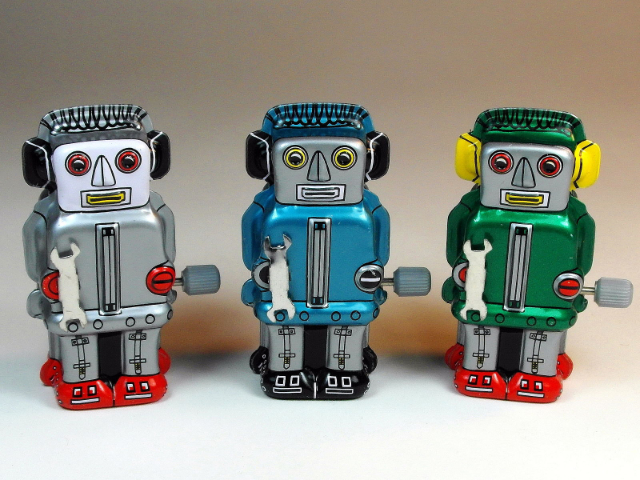Report: 66 million people will lose their jobs to robots

According a report from the Organization for Economic Cooperation and Development, 66 million people are at risk of having their livelihoods taken away by robots.
From The Guardian:
The OECD said 14% of jobs in developed countries were highly automatable, while a further 32% of jobs were likely to experience significant changes to the way they were carried out.
And of course, the people most likely to get screwed by this impending robot employment uprising are those who can least afford it: The poor. According to the OECD, young people, unskilled laborers and those employed in agriculture, manufacturing and the service sector are at the greatest risk of losing their jobs once robots become intelligent and versatile enough to replace them.
As abysmal as all of this is, there is some good news here. The OECD's research isn't as dire as this study, published back in 2013, which suggested that upwards of 47% of all jobs in the United States were at risk of being phased out in favor of letting robots take over their gigs. Instead, the OECD estimates that only 13 million people will be kicked to the curb.
So much better!
One of the biggest problems we'll face in the future, you know, aside from fascist governments, a global shortage of potable water and the growing threat of nuclear war, is what can be done with the millions of people who will lose their vocations as the level of automation in the workplace makes their presence at work redundant. Some cities and towns are already flirting with the idea of a guaranteed minimum income or social welfare for their citizens. This would allow for a basic standard of living to be established that's not attached to the income generated by a job. But this does nothing to assist unemployed individuals to fill their days with purpose. A paradigm shift in how we value and spend our time needs to occur in lockstep with how easily we can be replaced by machines in the workplace. It'd be nice to think that we as a society could get its shit together on this front. But, given our track record for taking care of our most vulnerable fellows, I have my doubts that it'll happen.
Image: D J Shin - Own work, CC BY-SA 3.0, Link